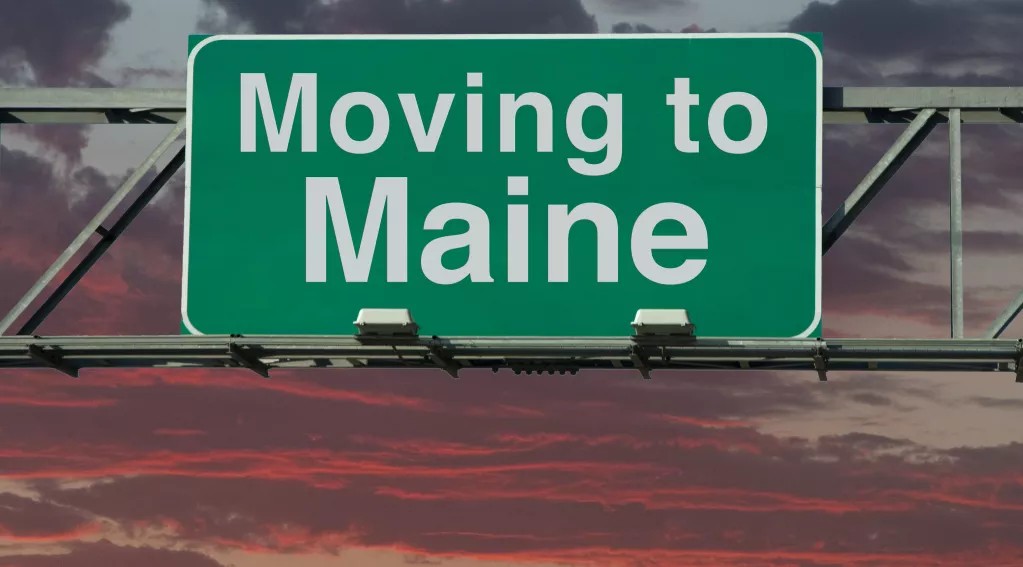A Small Town Is Paying a Big Price When It Comes to Unplanned, Unvetted Mass Immigration

When considering the negative impacts of mass immigration on the American public, we generally focus on border states like Texas and California, or immigrant-heavy urban areas such as New York City. However, mass immigration – legal and illegal – also inflicts significant harm on less populated cities and states.
South Portland, Maine, serves as a recent example of this phenomenon. In January 2021, the city’s new mayor – herself a 1993 refugee from Somalia and mass immigration advocate – promised to make South Portland a “welcoming city” for refugees and other immigrants, including illegal aliens. On the surface, this sounds like a beautiful thing to do for the less fortunate. But poorly executed kindness is often more damaging than taking no action at all.
Fast forward a year and the consequences of this ill-prepared new direction are being realized. South Portland has indeed welcomed a large influx of refugees and illegal aliens over the past year. However, the small city of just 25,000 failed to properly prepare for such a significant population increase. As a result, more than 1,100 individuals – mostly new migrants – are currently being housed in overcrowded hotels that have been transformed into temporary shelters. That’s nearly 5 percent of the city’s total population currently living in shelters due to a housing shortage caused by this improperly planned population boom.
Furthermore, local officials admitted last week that a dramatic increase in crime is tied to these shelters. Nearby businesses are reporting surging incidents of theft, harassment, drug use, and other crimes. It’s now such a pressing issue that the city is planning to hold a private, invitation-only meeting with local business owners and residents to discuss the problem.
With the Biden administration failing to appropriately vet new migrants, and releasing more than 16,000 convicted or charged illegal aliens into society over the past year, it’s not particularly surprising to see a significant number of bad actors imbedded into resettlement programs like this.
These problems are not isolated to just South Portland. For years now, careless immigration priorities (at the federal, state, and local levels) have been harming small cities in states not typically associated with mass immigration. As FAIR has revealed in the past, the negative impacts of mass immigration are felt more acutely in these areas since their economies are condensed, and therefore less capable of absorbing poorly-planned population growth.
Before any local government pushes for large-scale migrant resettlement, they must ensure that their city is properly equipped to handle such a population boom, whether that be sufficient housing or adequate resources in local schools. This preparation did not occur in South Portland and, as a result, everyone is suffering. The city is paying a heavy price, and new migrants are not experiencing the American dream that they were promised.

